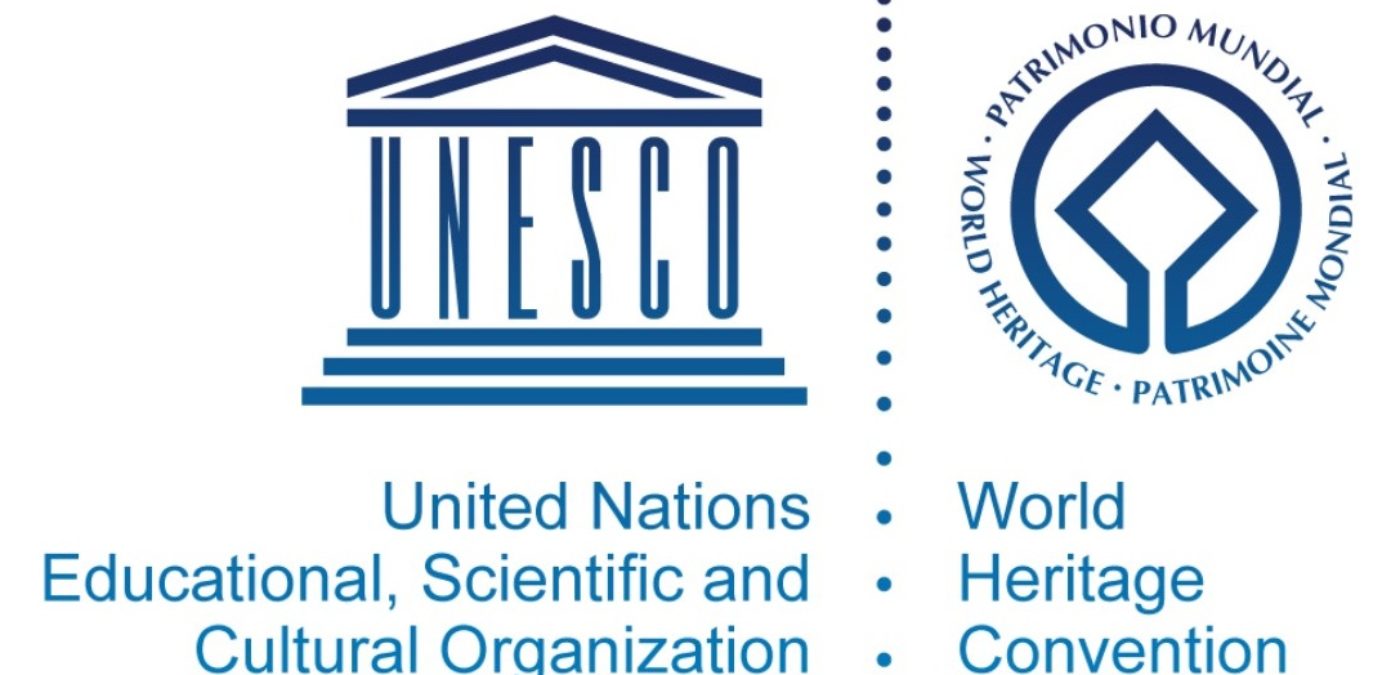: In a first, India set to chair, and host UNESCO's World Heritage Committee session in Delhi (HT)

- 09 Jan 2024
Why is it in the News?
In a historic development, India is poised to chair and host UNESCO's World Heritage Committee session in New Delhi from July 21 to 31 this year, the Permanent Representative of India to UNESCO.
About the World Heritage Committee:
- The World Heritage Committee operates as a subsidiary of the United Nations Educational, Scientific, and Cultural Organization (UNESCO).
- Its primary responsibilities encompass executing the World Heritage Convention, determining the utilization of the World Heritage Fund, and disbursing financial assistance in response to requests from States Parties.
- The committee holds authoritative decision-making power regarding the inscription of properties on the World Heritage List, scrutinizes reports on the conservation status of listed properties, and prompts States Parties to rectify mismanagement issues.
- Additionally, it plays a pivotal role in determining the inclusion or removal of properties on the List of World Heritage in Danger.
- Structure:
- Comprising representatives from 21 States Parties elected by their General Assembly, the Committee operates with members serving six-year terms.
- However, many state parties opt for a four-year term voluntarily, allowing other state parties an opportunity to participate on the committee.
- Bureau of the World Heritage Committee:
- The Bureau, consisting of seven state parties elected annually by the Committee, includes a Chairperson, five Vice-Chairpersons, and a Rapporteur.
- This body is responsible for coordinating the Committee's activities, determining meeting schedules, and organizing the agenda.
What is UNESCO?
- The United Nations Educational, Scientific, and Cultural Organization (UNESCO) stands as a specialized agency within the United Nations (UN), dedicated to fostering global peace and security through collaborative efforts in education, arts, sciences, and culture.
- Established in 1945 as the successor to the League of Nations' International Committee on Intellectual Cooperation, UNESCO boasts a membership of 193 states and 11 associate members, along with partnerships in the non-governmental, intergovernmental, and private sectors.
- The organization is headquartered at the World Heritage Centre in Paris.
- UNESCO's foundational mission is to promote peace, sustainable development, and human rights by fostering cooperation and dialogue among nations.
- It pursues this overarching goal through five primary program areas: Education, Natural Sciences, Social/Human Sciences, Culture, and Communication/Information.
- The governance of UNESCO lies in the hands of the General Conference, comprising member states and associate members, convening biannually to establish the agency's programs and budget.
- The General Conference also elects members of the Executive Board, responsible for managing UNESCO's initiatives.
- Every four years, the Director-General is appointed by the General Conference to serve as the chief administrator of UNESCO.
- India has been a founding member of UNESCO, having ratified UNESCO’s Constitution on 4th November 1946.
